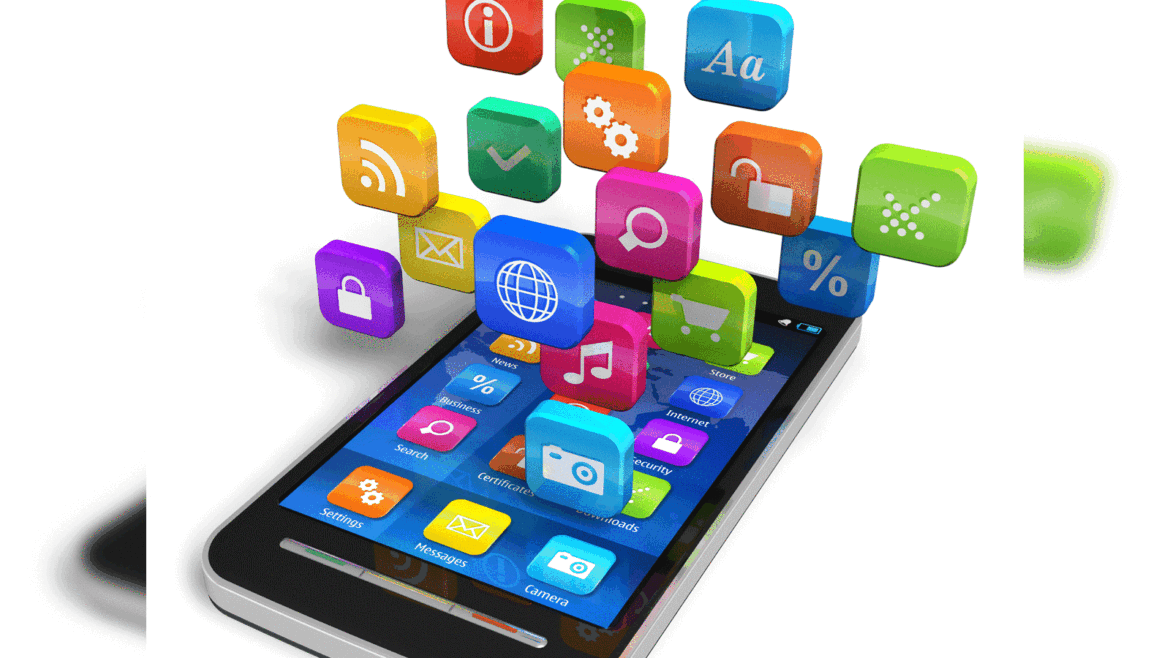The Evolution and Impact of Apps in Our Daily Lives
https://quillbylines.com/general/mi-lifestyle-marketing-login/ In today’s digital age, smartphones have become an integral part of our lives, and one of the primary reasons for their indispensability is the plethora of apps available for download. From social networking to gaming, productivity to entertainment, apps cater to various needs and preferences of users. In this article, we will delve into the world of apps, exploring their evolution, importance, types, development process, impact on society, and future trends.
What are Apps?
Apps, short for applications, are software programs designed to perform specific tasks or functions on electronic devices such as smartphones, tablets, or computers. They can be downloaded and installed from digital distribution platforms like the Apple App Store or Google Play Store. Apps have revolutionized the way we interact with technology, providing convenience and accessibility like never before.
Importance of Apps
Apps play a crucial role in our daily lives by enhancing convenience, efficiency, and productivity. With apps, users can access a wide range of services and information at their fingertips, anytime and anywhere. Whether it’s checking emails, ordering food, or booking a ride, apps simplify tasks and streamline processes, saving time and effort.
Types of Apps
There are several types of apps available, each catering to different needs and preferences of users. The three primary types of apps are:
- Native Apps: These are developed for a specific platform, such as iOS or Android, using platform-specific programming languages like Swift or Java. Native apps offer superior performance and user experience but require separate development for each platform.
- Web Apps: Web apps run on web browsers and do not need to be downloaded or installed on a device. They are accessed through URLs and offer cross-platform compatibility but may have limited functionality compared to native apps.
- Hybrid Apps: Hybrid apps combine elements of both native and web apps, allowing developers to write code once and deploy it across multiple platforms. They offer a balance between performance and development efficiency but may not deliver the same level of performance as native apps.
Popular App Categories
Apps span across various categories, catering to different interests and preferences of users. Some of the most popular app categories include:
- Social Media Apps: Platforms like Facebook, Instagram, and Twitter enable users to connect, share, and interact with others online.
- Entertainment Apps: Apps like Netflix, Spotify, and YouTube offer a wide range of entertainment content, including movies, music, and videos.
- Productivity Apps: Tools like Microsoft Office, Evernote, and Trello help users manage tasks, organize information, and increase efficiency.
- Gaming Apps: From casual games like Candy Crush to immersive experiences like Fortnite, gaming apps provide entertainment and recreation for users of all ages.
App Development Process
https://quillbylines.com/apps/explore-out-vidmate-apk-download-old-version/ The process of developing an app involves several stages, including:
- Idea Generation: Identifying a problem or opportunity and conceptualizing an app solution to address it.
- Design and Prototyping: Creating wireframes and mockups to visualize the app’s user interface and user experience.
- Development and Testing: Writing code and building the app, followed by rigorous testing to ensure functionality, performance, and compatibility.
- Launch and Marketing: Releasing the app to the public and promoting it through various channels to attract users and generate downloads.
App Monetization Strategies
There are various ways developers can monetize their apps and generate revenue:
- In-App Purchases: Offering additional features, content, or virtual goods for purchase within the app.
- Advertising: Displaying ads within the app and earning revenue from clicks, impressions, or actions.
- Subscription Models: Charging users a recurring fee to access premium content or services within the app.
Impact of Apps on Society
Apps have significantly impacted various aspects of society, including:
- Communication and Social Interaction: Apps like WhatsApp and Messenger have revolutionized communication, allowing people to stay connected with friends and family around the world.
- Entertainment and Leisure: Streaming apps like Netflix and Spotify have transformed the way we consume entertainment, providing access to a vast library of movies, TV shows, and music.
- Work and Education: Productivity apps like Slack and Google Workspace have facilitated remote work and online learning, enabling collaboration and communication regardless of location.
Future Trends in App Development
The future of app development is shaped by emerging technologies and trends such as:
- Artificial Intelligence Integration: AI-powered apps can personalize content, provide recommendations, and automate tasks based on user behavior and preferences.
- Augmented Reality and Virtual Reality: AR and VR technologies enable immersive experiences in gaming, education, training, and retail.
- Internet of Things (IoT) Integration: Apps connected to IoT devices can control smart home appliances, monitor health metrics, and optimize energy consumption.
Conclusion
Apps have become an integral part of our daily lives, offering convenience, entertainment, and productivity. As technology continues to evolve, apps will play an increasingly significant role in shaping how we interact with the digital world. By understanding the evolution, importance, types, development process, impact, and future trends of apps, we can harness their potential to enhance our lives and society as a whole.




